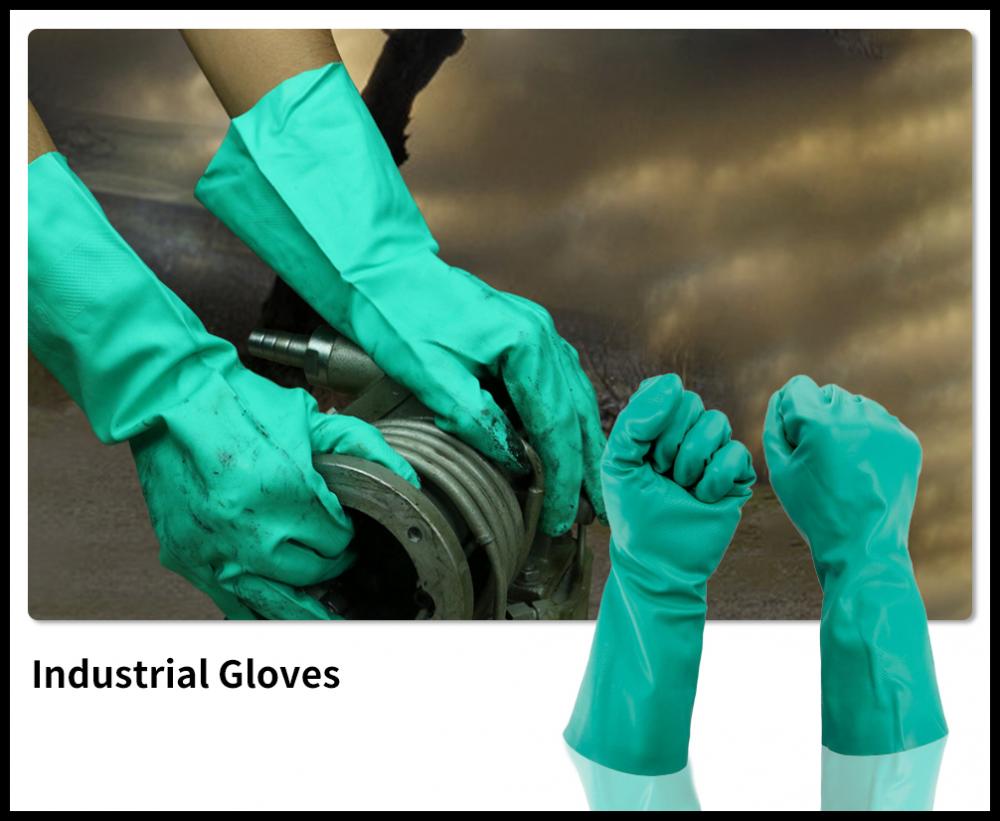Humidity range required for different vegetables It is understood that vegetables can be divided into four categories according to the tolerance of vegetables to humidity: Wet type: such as cabbage, celery and other leafy vegetables, the tissue is young and not tolerant to drought, suitable for air humidity of 85%-90%; Wet type: such as cucumber, the stems and leaves are relatively hard, have a certain drought tolerance, suitable air humidity is about 70%-80%; Hi dry type: such as tomato, pepper, etc., small leaf area, leaf surface with hair or thick horny, etc., more drought-tolerant, suitable air humidity is about 55%-65%; Dry-resistant type: watermelon, melon, pumpkin, etc., the leaves are deeply cracked or tubular, the surface is covered with thick wax powder or hair, less water, drought-resistant, not moisture-resistant, suitable for air humidity of 45%-55%. Due to the difference between the mouth and the season, the facility vegetable shed has limited space, the airflow is relatively stable, the evaporation is large, and it is not easy to convect with the outside air. The air humidity is difficult to adjust compared with the open-air vegetables. Generally, the humidity is small before and after the summer, and the humidity is large before and after the winter. In summer, when the air humidity is too small, it can be supplemented by spraying water and watering. However, when the humidity of the winter air is large, if the humidity control measures are improper, the disease will be induced and the planting efficiency will be reduced. In actual production, vegetable farmers usually hang temperature and humidity meters in the shed to monitor temperature and humidity. Many experienced farmers also judge the air humidity by some performances in the shed, such as leaf or fruit condensation, leaf spit or shed. The droplets of the membrane, etc. When condensation, spitting or dripping film is serious, it is necessary to carry out dehumidification in time. Multi-measurement to adjust the humidity inside the shed Ventilation and dehumidification: In summer, the top air outlet and the front face are enlarged, and the air release time is extended to reduce the humidity. Covering moisture-absorbing organic matter: Whether it is summer or winter, it is recommended to lay hygroscopic organic substances such as straw, rice husk, straw, etc. in the operation. These organic substances can not only reduce the evaporation of ground water, but also absorb moisture, and also adjust the ground temperature. The function is to prevent direct sunlight in summer and effectively reduce the ground temperature, while in winter it can avoid the drop of ground temperature. In addition, it can also reduce the treading and compaction of the soil by moving back and forth in the operation line. At the same time, when the soil is turned over, the organic matter can be turned into the soil. After the rot, the soil can be provided with organic matter, fertility and soil fertility, and the soil permeability can be alleviated. In one fell swoop. Disclaimer: Some articles on this website are transferred from the Internet. If legal rights of third parties are involved, please inform this website. phone
industrial safety gloves
1. cotton gloves
Industrial Safety Gloves,Industrial Gloves,Industrial Hand Gloves,Industrial Work Gloves Jiangsu Asbao Medical Technology Co., Ltd. , https://www.iigloves.com
Many people think that labor gloves refers to cotton gloves, why would this perception it, it is because cotton gloves can be said to be a lot of daily use of gloves. It has strong and durable, breathable and comfortable features, is widely used in various industries, so people will also call it a general term for labor gloves.
Commonly used cotton gloves in 7-13 stitches, weight between 400-800g
2. Coated gloves
Coated gloves classification is complex, according to the glove core material, dipping method, dipping material, etc., can be combined with a variety of different types of gloves. Like in recent years, widely used in the construction industry nitrile dipping gloves, is a coated gloves, it is both nitrile elastic wear-resistant and durable, but also the breathable comfort of cotton gloves.
13 needle nylon Nitrile Gloves
3. cloth / leather gloves
Cloth gloves generally refers to gloves made of canvas fabric, strong and durable, suitable for storage and logistics, handling operations and other environments. Leather gloves refers to gloves made of cowhide, pigskin and other materials, and welding gloves are based on leather gloves, adding a special high-temperature resistant fire-resistant line sewing, in welding, high temperature and other working conditions in the environment can be efficient insulation, to protect the safety of the hand.
